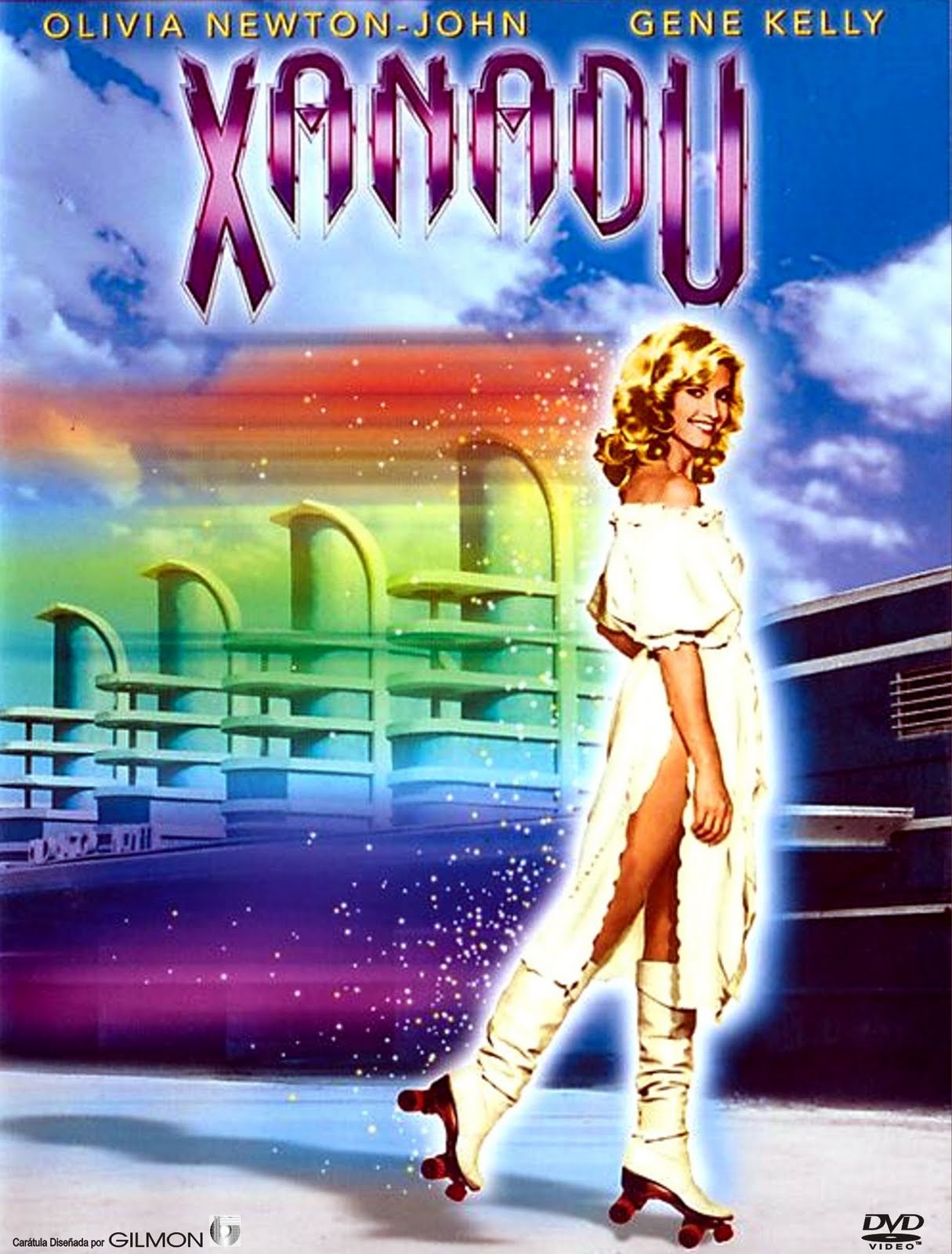"Having studied art history, as opposed to political history, I tend to incorporate found objects into my books. Just as Pablo Picasso glued a fragment of furniture onto the canvas of Still Life with Chair Caning, I like to use whatever's lying around to paint pictures of the past - traditional pigment like archival documents but also the added texture of whatever bits and bobs I learn from looking out bus windows or chatting up the people I bump into on the road."
 She gives voice to my approach in teaching stories of the past. Though I use traditional sources like books, research, and academic journals - I mostly love to talk about history through the prism of music, artists, popular movies, coffee consumption, punk rock, jokes, Star Wars characters, and the English Premiere League. I will pull every string, and look under every stone to find a connection between the past and our modern lives (however ridiculous) - and the fact is that my life experience, and particular interests, are typically the low hanging fruit for connectivity is just the lay of the land..
She gives voice to my approach in teaching stories of the past. Though I use traditional sources like books, research, and academic journals - I mostly love to talk about history through the prism of music, artists, popular movies, coffee consumption, punk rock, jokes, Star Wars characters, and the English Premiere League. I will pull every string, and look under every stone to find a connection between the past and our modern lives (however ridiculous) - and the fact is that my life experience, and particular interests, are typically the low hanging fruit for connectivity is just the lay of the land..As a teacher, my personal life experience (and interests) should not be denied, but should be used as much as a possible as a direct line of connection between history and student learning. When Simon Bolivar reminds me of my uncle, I share this with the students - explaining the personality traits of both.
And when we are studying the Hanseatic League, and looking at an image of the German city of Lubeck, and a student points out that it resembles the opening to the TV show "The Office," I run with it.
In discussing Kublai Khan's ancient palace of Xanadu, I cue up Olivia Newton John's 1980 hit of the same name.
 While discussing the rise of the Abbasid Caliphate, a student questions the background of ISIS - so we run with it, looking up information and unpacking it together.
While discussing the rise of the Abbasid Caliphate, a student questions the background of ISIS - so we run with it, looking up information and unpacking it together.
The Young Turks of the Ottoman Empire? I play Rod Stewart's 1981 hit, "Young Turks," though it has no relation...
But it has every relation! It provides another source of connection between ourselves, and our past, which is often good enough. Just because Young Turks is a pretty bad eighties song doesn't mean it can not provide a service for our interest in history. If nothing else, we at least get to have a discussion about Rod's hair styling choices, and that terrible guitar solo.....
The Young Turks of the Ottoman Empire? I play Rod Stewart's 1981 hit, "Young Turks," though it has no relation...
But it has every relation! It provides another source of connection between ourselves, and our past, which is often good enough. Just because Young Turks is a pretty bad eighties song doesn't mean it can not provide a service for our interest in history. If nothing else, we at least get to have a discussion about Rod's hair styling choices, and that terrible guitar solo.....





.JPG)
.JPG)

.JPG)